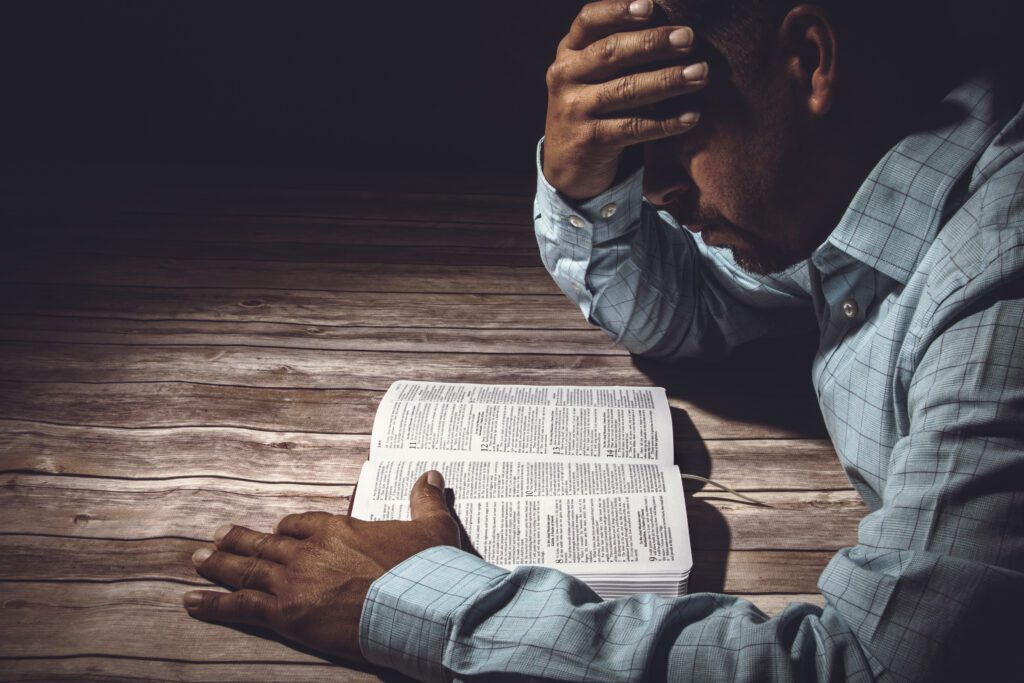We are all called to lead somewhere. Leadership comes with joys and challenges.
David knew a lot about leadership. David enjoyed great victories, like bringing the ark to Jerusalem. He also knew great challenges, some very tough ones that came at all times in his life. As a young man he cared for sheep and fought off lions. Even as an old man, weakened and mainly confined to bed, he pulled himself up to ensure Solomon would be his heir. He faced enemies of all kinds, many times running for his life. What characterized David’s prayer life as he faced these challenges?
Psalms 140 through 144 give us a window into David’s prayer life and provide us with powerful prayers as we lead. These prayers arose out of challenges David faced. Think of these words being uttered as he ran from Saul, as he was being overtaken by the Philistines, as fled from Absalom.
I’ve found significant verses in each of these Psalms. Other verses will speak to you as you mull over each chapter.
In Psalm 140 David prays:
- Rescue me (140:1)!
- Protect me from the wicked (140:4).
- Let the wicked experience trouble (140:9).
- Remind us of Your character and protection (140:12-13).
David cries out for the wicked to get what they are dishing out. In our world today that might seem too judgmental. Many of us do not think we have enemies that deserve this kind of punishment from the Lord. Yet consider that our battle, as Paul says in Ephesians 6, is not against flesh and blood but against spiritual forces. We all do have enemies—Satan and his demons. They want the very worst for us. They desire to steal, kill, and destroy us (John 10:10). C.S. Lewis reminded us that we can make two errors when considering the evil spiritual forces: minimize and forget them or become overwhelmed by their presence.
David prays a slightly different prayer in Psalm 141.
- Come quickly (141:1)!
- Guard my heart and my lips (141:3-4).
- Thwart evildoers (141:5).
- Lord, you are my refuge (141:8).
Again David pleads during his needy hour. This time he says, “Come quickly.” David claims God as his refuge, an idea that flows through the rest of these Psalms. In Psalm 141, however, instead of targeting his prayer toward his enemies, David prays for himself. He knows too well that he can be the problem. We should pray, “Lord, guard what I think and say,” because we leaders can easily inflict damage on others.
David pleads more deeply in Psalm 142.
- I cry aloud (142:1).
- My spirit grows faint (142:4).
- You are my refuge, Lord (142:5).
Consider the difference between his initial petition in this Psalm (“I cry”) and in Psalm 141 (“Come quickly”). Both exhibit strong emotions but crying indicates a painful reality. David is running out of will power to continue the battle. He admits he’s faint, weary, and out of gas. Yet he claims the Lord as his refuge in the midst of his weakness.

Psalm 143 continues with many of these themes, including “hear me” and “rescue me.”
- Hear my prayer because of your faithfulness and righteousness (143:1).
- No one is righteous (143:2).
- Rescue me from my enemies (143:3).
- Show me the way and teach me (143:9-10).
- Rescue me because of Your character (143:12).
Here David’s confesses that we, God’s people, are the problem (“no one living is righteous,” verse 2). He asks for God’s direction (“show me the way,” verse 8). David knows he doesn’t know it all. He is humble, understanding he needs the Lord’s instruction. These prayers segue to the final Psalm in this series.
Psalm 144 sets a completely different course and completes these petitions.
- Praise be to the Rock, my fortress …who trains my hands for battle (144:1).
- Reach down your hand and deliver me (144:7).
- Then our barns will be filled with plenty (144:13).
David changes his tone, this time starting with praise. The previous Psalm started with pleas of protection: come quickly, hear me. Now David praises God for being his fortress and his strength. David is not out of trouble but is praising the Lord in the midst of his issues. He has moved to faith. He still asks God to move and take on his foes, but this time in the Lord’s strength.
“Train my hands for battle”
As you move through Psalms 140 to 144, the Lord can equip you for leadership. The final Psalm in the series, Psalm 144, begins with the phrase, “he trains my hands for battle.” You and I are not slashing our enemies with swords. But the Lord gives us leadership challenges that require skill, wisdom, and insight from Him. Can we trust the Lord to train us for what we face as leaders? David brought that prayer for training before the Lord.
Contrasted with the dread David voices in chapters 140 to 143, the end of this series, Psalm 144, concludes with hope for a better day. God ultimately promises a better place, relief from the weight of difficulty. In the end we will be able to exclaim, “You have blessed us beyond our imagination.”
David chose to move out in the Lord’s strength for the battle while hoping for a better day. The sorrow, the worry, the pleading, and the weariness of Psalms 140 to 143 lead to a beautiful display of the Lord’s rescue.
May the Lord use these Psalms to equip you as you lead.
About the Author

Dane Allphin
Related Posts

The Door of Desperation: Finding Jesus When Choices Run Out
Read as Justin Gravitt encourages that the space of desperation is where faith is found.

Sacrifice
As a mom, a wife, and someone who works in

From Information to Disruption: Four Church Shifts for the New Era
The Church is operating in an ever-changing environment of upheaval
